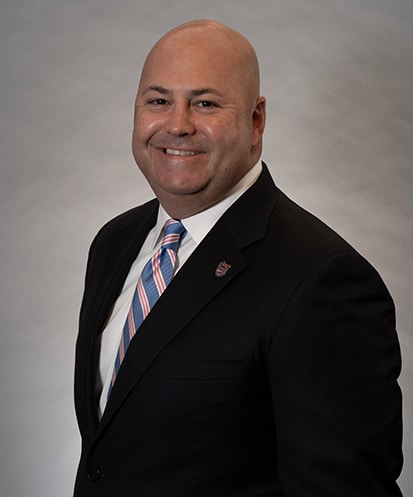Females Are Experiencing Long-Term COVID 19 Symptoms More Often
 Every day it seems like there are new studies and reports on the unique ways COVID 19 is affecting different groups of people in different ways. From the start, the disease has been a clear danger for people over 65 and for people with pre-existing medical conditions. The disease is now affecting women differently and children differently.
Every day it seems like there are new studies and reports on the unique ways COVID 19 is affecting different groups of people in different ways. From the start, the disease has been a clear danger for people over 65 and for people with pre-existing medical conditions. The disease is now affecting women differently and children differently.
A Washington Post article, dated February 5, 2021, profiled a female neuroscientist and neurologist who contracted the disease a year ago – February 2020. She first experienced extreme bouts of fatigue. She had vision problems, difficulty breathing, a rash, an upset stomach, and chest discomfort. She feared she was going to die and informed her family that “she wanted a do-not-resuscitate order.”
About a month later, after her health had improved, she developed a secondary bacterial infection. Her health improved about 85% after completing her antibiotics treatments.
Her health then declined in August when she apparently suffered a “small MRI-negative stroke and alien hand syndrome, preventing the 41-year-old from having control over one of her hands.” She continues to have difficulty talking and writing.
Many COVID-19 patients are dealing with long-haul/long-term consequences of the disease. Long-haul problems, according to the Washington Post story, seem especially prominent among women, though the symptoms vary. Other symptoms include difficulty breathing, headaches, quickened heartrates, loss of smell or taste, hair loss, rashes, organ damage, and blood clots.
Medical indicators women are suffering from COVID-19 differently than men
Doctors are beginning to see a “clear gender disparity” in COVID-10 patients. According to an internist at the Mayo Clinic, about 10% of the 20,000 patients he examined are considered “long-haulers.” About 60-80% of those long-haulers are female. According to Diana Berrent, founder of Survivor Corps, a group for COVID-19 long-haulers, about 82% of the group’s members are female.
Doctors aren’t clear on why more women are affected. Possible causes include differences in the immune systems of each gender and social and cultural factors. More women may be seeking medical attention while men suffer in silence.
The fundamental worry is that many survivors of the COVID-19 may suffer indefinitely.
Please contact Paulson & Nace, PLLC through this contact form or by phoning 202-463-1999.

Christopher T. Nace works in all practice areas of the firm, including medical malpractice, birth injury, drug and product liability, motor vehicle accidents, wrongful death, and other negligence and personal injury matters.
Read more about Christopher T. Nace.
